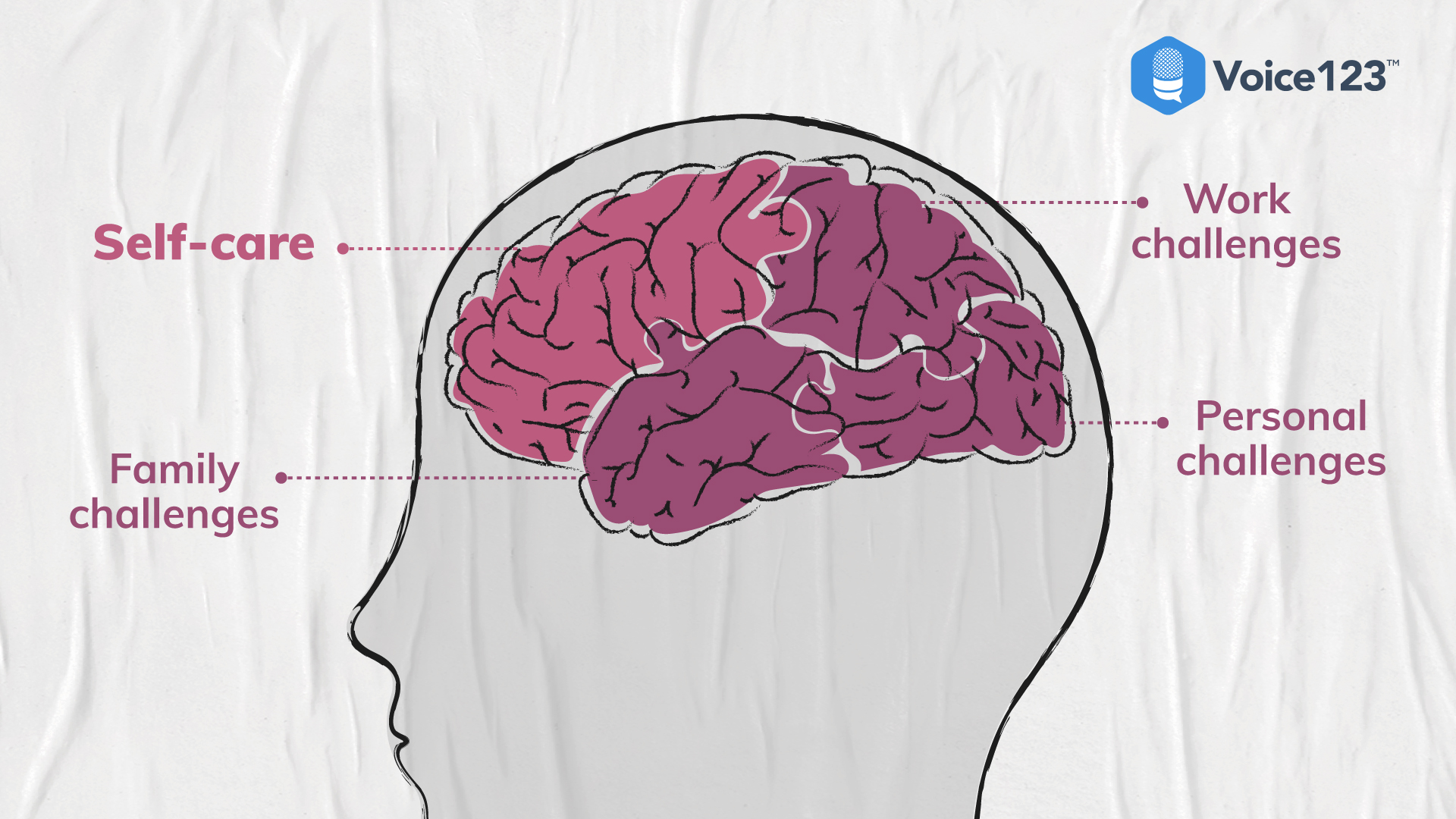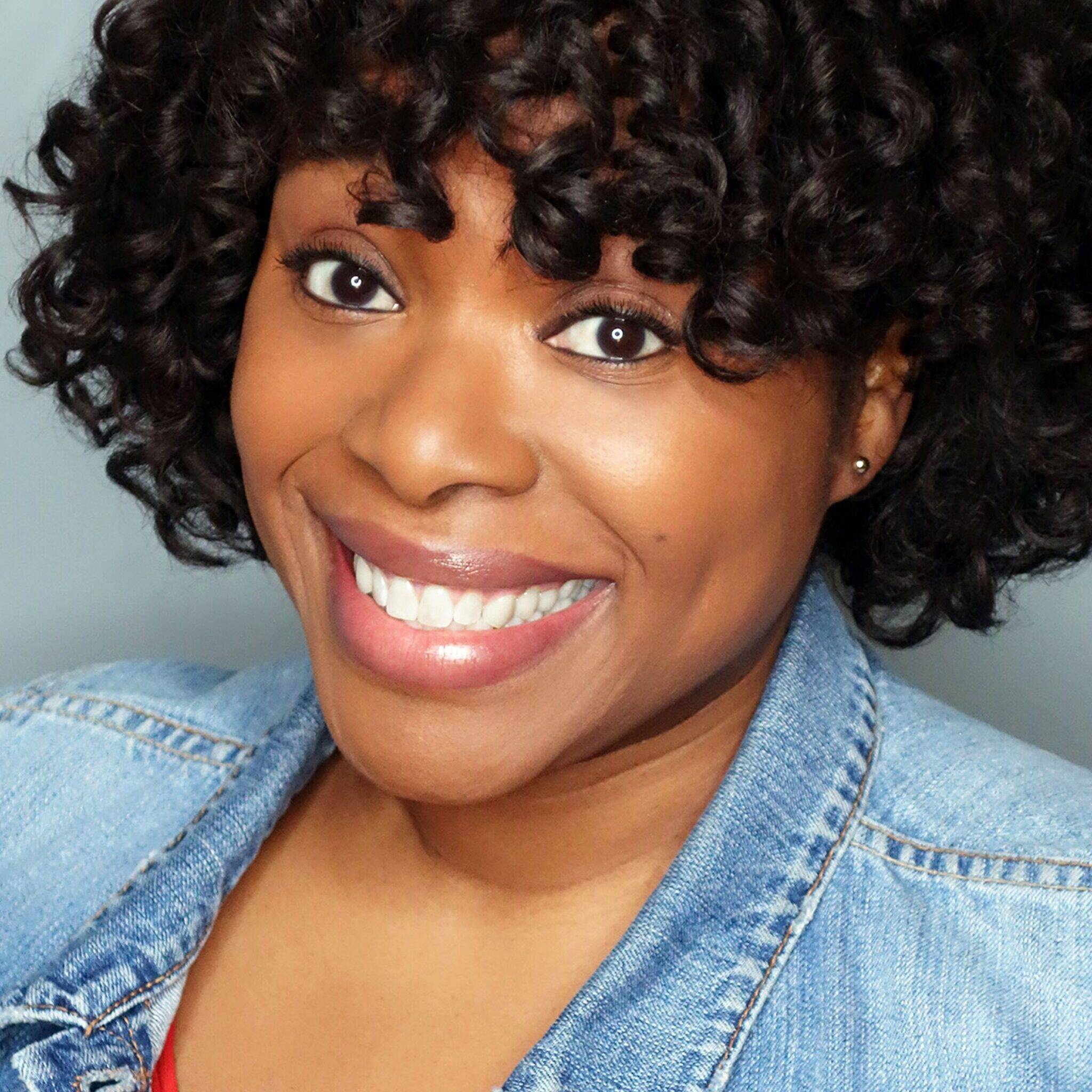
Mental health self-care tips and awareness for creators
Self-care is a fundamental part of the creative industry. We break down self-care tips, and challenges and interview an expert as well as two creators who share how to make time for self-care.
Mental health self care-tips and awareness for creators
Self-care has often been viewed as a nice-to-do or a try-to-make-time-to-do initiative instead of a must-do. That often results in mental health awareness and self-care taking a backseat to life’s other priorities. However, the reality is that mental health challenges don’t go away on their own. Creators may also seem to have more time and flexibility to manage their schedules. Still, challenges can arise just as quickly as it does for those trying to hold down a nine-to-five job.
Interestingly, in 2021 how to maintain mental health was googled more than ever before – and globally at that too! Consequently, people worldwide are becoming more aware of mental health care’s crucial role in daily life. Now, with World Mental Health Day being an annual observance on October 10th, it provides the perfect opportunity to take stock of your personal mental health care and reconnect and rekindle efforts to protect and improve our mental health.
Self care tips from a health care professional
Michael Deng, a registered nurse mental health case manager, shares his views on the importance of self-care, how to include it in your life, resources to find help, and more.

Michael, as a professional in mental health care, how does self-care fit into mental health awareness, in your opinion?
Self-care is paramount to mental well-being, but understanding what you need requires introspection. To be aware of your mental health is to acknowledge that it requires just as much support and nourishment as your physical self. Acknowledging this will ideally lead you down the path of engaging in practices that are fulfilling and bring you happiness and acceptance. Healthy living has the physiological effects of improving mental well-being, but it’s not necessarily a priority for everyone. There is no right way to live your life!
That's excellent advice. What are some self-care tips to help people balance their work, life, and mental health?
You are not your job! Do what you need to do, but your priority should be yourself and those you love. Humans are social creatures, and the vast majority of us want to connect, so reach out and make those connections. Relationships take a lot of time and effort but are incredibly rewarding, so make time for them – quality over quantity. Remember to be kind to yourself and others.
That's very practical, Now, can you share a few resources to help creators maintain self-care?
Recently, I’ve been looking into the 7 types of rest, which include: physical, mental, emotional, social, sensory, creative, and spiritual rest. I have not done my due diligence in checking the soundness of this theory, but I believe it holds merit in evaluating your life and what could be missing from it. Rest, and adequate sleep is essential in maintaining optimal mental health and should not be overlooked. Unfortunately, therapy can be quite expensive, but seeking single-session online counseling is accessible and sometimes even free (depending on your geographical location). You could also research self-guided Cognitive Behavioral Therapy (CBT). Although it is typically administered through a counselor, you can still review the process and learn more about the cognitive distortions that affect everyone. Namely, awareness.
Common challenges
Creators must navigate various perks and pitfalls in the gig economy each day. While being your own boss, having a creative license, choosing the projects you prefer to work on, and remote flexibility are industry advantages, no project is challenge free. So globally, creators share common ground in the challenges that could negatively impact mental health. Although not an industry standard, these challenges create the need for mental health awareness and self-care techniques to keep creators going. Some of these are:
Feelings of isolation
Working from home often translates to working alone. When your entire world is virtual, moving from video to audio calls to messaging apps can heighten feelings of loneliness and isolation. Although you still communicate, doing so via technology doesn’t adequately supplement your social life.
Multiple projects
Working for yourself is trading one boss for multiple clients, usually simultaneously, with their own project requirements and expectations. Shifting between projects you accept from either one or numerous clients can increase the fear of failure and intensify the burden of outdoing yourself with each project.
Meeting deadlines
For creators, meeting deadlines is linked to building recurring relationships and retaining clients. The fear of losing a client can lead to accepting last-minute projects, rushed deadlines, and pushing your boundaries to the limit. As a result, creators experience a lack of sleep, physical exhaustion, poor diet, and mental fatigue.
The importance of self-care
Self-care means taking time to care for yourself. Getting more involved with self-care activities can help manage stress levels and improve physical and mental health. Even tasks that appear small, like taking a walk, can make a massive dent in your overall care routine. By default, you’ll be able to care for others, get your work done with a better sense of purpose, and accomplish your daily, weekly, monthly, or even yearly goals.

6 types of self-care tips
Emotional self-care
When was the last time you had a good cry over a soppy movie? Or shared a belly laugh with your closest friend? Instead of stowing your feelings away, emotional self-care involves active participation in your emotional journey. Therapy and journaling also provide a visual record to help you track your day-to-day emotions. Interestingly, therapy will soon be available in the Metaverse via AI. O (pronounced zero) is a forward-thinking platform created to uplift human potential. So, whether you opt for virtual, Metaverse, or in-person sessions, therapy is a good indicator of your current negative and positive energy balance.
Physical self-care
Does physical self-care mean you can never enjoy a slice of chocolate cake? No. Since our physical health is connected to our emotional health, it’s important to balance healthy eating with happy eating. This helps you improve your overall well-being. Getting adequate rest is a must, especially if you’re constantly running on fumes. Enhancing your sleep quality can help you wake up with a renewed sense of vigor to tackle the day ahead.
Social self-care
People and human connections are an integral part of our lives. When was the last time you met up with your folks for Sunday brunch? Or called your siblings to catch up? Too much isolation can be emotionally unhealthy, so making time for loved ones can help to nurture the most crucial life relationships we’ll ever have.
Practical self-care
Taking steps to avoid becoming overwhelmed is a must. And knowing what to do is not the same as doing what you know. From drafting your monthly budget to something as small as organizing your bookshelf. These small structural acts can help you get a measure of control over your daily actions and prevent undue pressure from creeping up on you.
Mental self-care
Do you have a favorite book or board game? We all do. Activities that stimulate the mind, like reading a book or playing a strategy game of chess, can harness your thinking and processing ability. This kind of mental exertion helps you better analyze complex situations and reign in negative emotions before they explode.
Spiritual self-care
Spiritual doesn’t necessarily mean religious. Instead, it’s about focusing on self-reflection and taking stock of yourself or your position in life. You can meditate on where you are presently or where you plan to be in the future. Spending time immersed in the beauty of nature can also have a powerful effect because it helps you think bigger than yourself.
What do creators say about self-care?
Two creators, Veda Howard and Chloe DoLandis, share their views and experiences on what self-care means to them in the creator industry.
What has been your overall mental health experience as creators?
“As my voice and on-camera acting career started growing, I had to pause and realize that my mental health and balance really needed to be addressed. Most importantly, I needed to go easy on myself as I tried to find the right rhythm and avoid discombobulation! When you’re doing new things, the old approach usually doesn’t work. #Recalibrate”

“For me, freelancing full-time in voice over is an amazing thing to be able to do. That being said, it takes quite a lot of balancing (in many areas of life) to do it well and healthily. I’ve had some peaceful and stressful times, but making sure to take time for myself has helped me continually recenter myself!”

Those are excellent points. So, on a more personal level, what self-care tips and coping mechanisms have worked for you?
Veda
“Some self-care steps that have been working for me are; slowing down and being more realistic about what I have time for. Remembering that taking time off is important (don’t feel guilty). You can’t say ‘yes’ to everything, and ‘no’ is often the greatest self-care gift you can give yourself.”
Chloe
“Yoga, exercise, spending time in nature and with my loved ones, playing with pets, journaling, cooking and eating good and healthy food, arts and crafts, therapy, and reading. The list goes on. I just have to ensure not to overload my schedule or overwhelm myself. Then, I’m set!”
Thanks to all our contributors, experts, and creators for sharing their insight, time, and personal expressions. Support for mental health awareness is a need, not an option, and anyone can get involved. So be vocal. By sharing your experiences and thoughts, you could provide support to someone else in need of a listening ear, guidance, or just a positive thought.